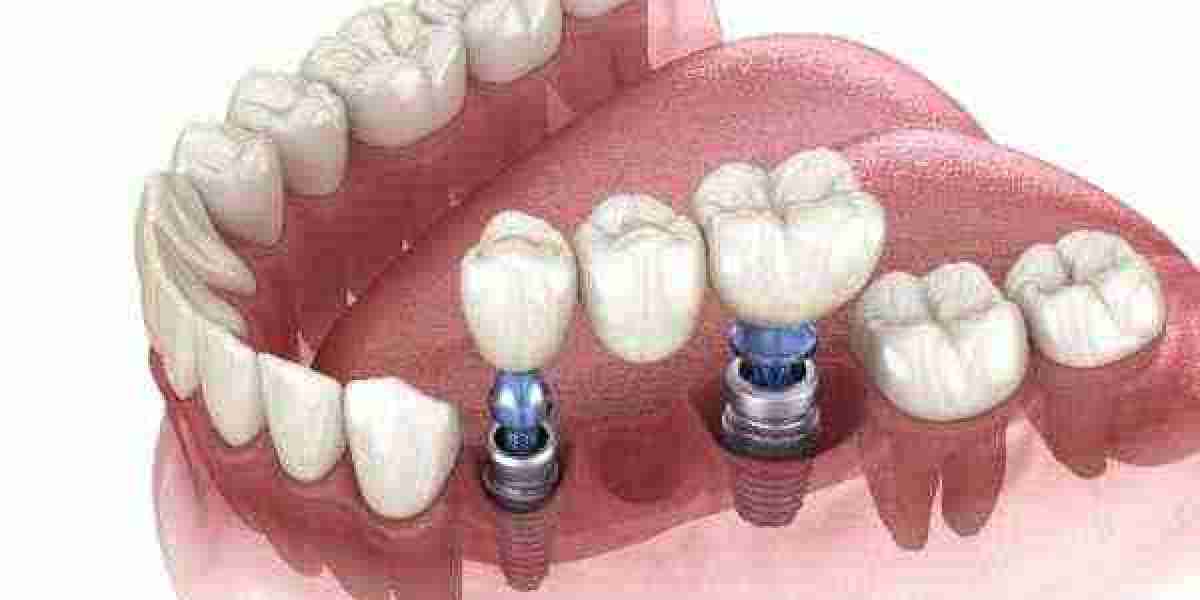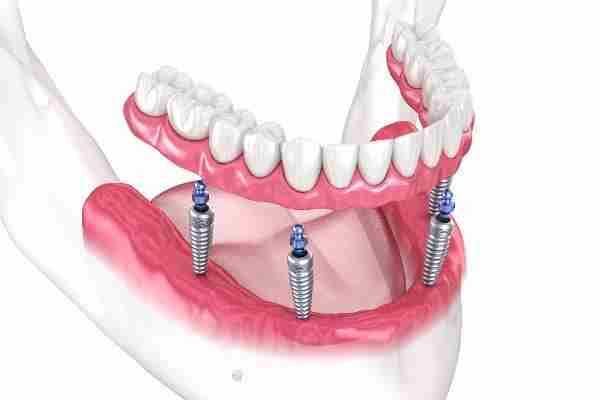Stress is something we all experience at various points in life, but many people overlook its effects on the mouth. From jaw clenching to neglected oral care, stress doesn’t just impact your mind it can show up in your smile too. If you’ve been feeling overwhelmed lately and notice your gums bleeding or teeth aching, there may be more of a connection than you think.
How Stress Impacts Oral Habits
Our daily routines tend to shift when stress sets in, and oral hygiene is often one of the first things to suffer. Even small changes in behaviour can have a noticeable impact on your dental health.
Neglecting Daily Brushing and Flossing
invisalign Aberdare patients often benefit from strong habits, but stress can disrupt even the most consistent routines. When people are tired or anxious, they may skip brushing or flossing altogether. This allows plaque to build up, increasing the risk of gum disease and cavities.
Comfort Eating and Snacking
Dental implants Aberdare patients should be mindful of stress eating, particularly sweets and starchy foods. These trigger acid attacks on the enamel and may lead to decay. Snacking also increases the frequency of acid exposure, particularly if teeth aren’t cleaned afterwards.
Physical Effects of Stress on the Mouth
Stress isn’t just about mood—it can lead to physical reactions that take a toll on oral health.
Teeth Grinding and Jaw Clenching
Bruxism (teeth grinding) is common in stressed individuals, especially at night. This can wear down the teeth or cause sensitivity and cracks. invisalign Aberdare users should alert their dentist if aligners show signs of excess wear, as this may be a result of grinding.
Jaw Pain and TMJ Disorders
Constant tension in the jaw muscles can lead to temporomandibular joint (TMJ) disorders. This results in pain, clicking sounds, or difficulty opening the mouth fully. If left untreated, it can interfere with daily eating and speaking.
Stress-Linked Conditions Affecting Oral Health
Beyond habits and muscular issues, stress also contributes to inflammatory responses in the body, including the mouth.
Gum Disease
Dental implants Aberdare patients are often warned about the dangers of gum disease, especially if implants are planned or in place. Stress weakens the immune response, making the body less effective at fighting off infections like gingivitis. Inflamed, bleeding gums may be the first sign.
Mouth Ulcers and Sores
Emotional stress can also trigger mouth ulcers (aphthous ulcers). These small, painful sores on the inner cheeks or tongue are not infectious but can be very uncomfortable. They may be exacerbated by poor diet or lack of sleep.
The Emotional Side of Oral Health
It’s also worth noting that stress and low mood may reduce a person’s motivation to look after their health, including their teeth.
Reduced Motivation for Dental Appointments
Booking and attending dental check-ups or cleanings may seem less important when overwhelmed. However, for invisalign Aberdare treatment or post-implant care, regular visits are essential for progress and maintenance.
Anxiety About Dental Work
People under stress may develop or worsen dental anxiety, which further deters them from seeking help. This can lead to delayed treatment and worsening conditions.
Tips for Managing Stress for Better Oral Health
Taking control of your stress is beneficial not just for mental clarity, but also for a healthier mouth. Here are some manageable strategies:
Establish a Routine
- Brush twice a day and floss before bed: Consistent oral hygiene is key to reducing stress-related dental issues. Sticking to a set routine helps maintain plaque control and gum health. It also reinforces a sense of normality and care during hectic days.
- invisalign Aberdare patients should clean aligners as directed: Clean aligners minimise bacterial build-up and reduce odour risks. Following care instructions prevents complications or oral discomfort. Consistent cleaning becomes easier when integrated into your daily rhythm.
- Use fluoride toothpaste and a soft-bristled toothbrush: These tools protect enamel while being gentle on stressed gums. Fluoride strengthens teeth, helping them resist acid attacks and decay. Choose a calming routine with mild flavours if you’re feeling overwhelmed.
Watch Your Diet
- Reduce intake of sugary snacks and drinks: Sugar fuels the bacteria that cause decay and gum disease. Emotional snacking may bring comfort but harms your oral health. Swap out sweets for crunchy veg or sugar-free alternatives when possible.
- Drink plenty of water to stay hydrated: Water helps neutralise acids and washes away debris. It also supports saliva flow, which protects against bacteria. Keep a reusable bottle handy as a reminder to drink more.
- Avoid tobacco and limit alcohol, which worsen stress and oral health: Smoking increases gum disease risk and delays healing. Alcohol can dry the mouth, encouraging bacterial growth. Cutting back benefits both your mood and your mouth.
Address Physical Tension
- Use a mouthguard at night if you grind your teeth: Teeth grinding, often stress-related, can cause chips and wear. A night guard cushions the bite and prevents long-term damage. Speak to your dentist about getting a custom-fit option.
- Practice jaw relaxation exercises: Gentle stretches and movements relieve jaw pressure and stiffness. Set reminders to unclench your jaw during the day. These exercises are especially useful during stressful meetings or travel.
- Seek physiotherapy or massage for persistent TMJ issues: Chronic jaw tension might need more focused treatment. Physiotherapists can offer exercises tailored to your discomfort. Facial massage also promotes relaxation and pain relief.
Look After Your Mind
- Prioritise sleep and relaxation: Quality sleep allows your body and mouth to repair daily wear. Lack of rest can worsen both stress and oral conditions. Aim for a calming bedtime routine, away from screens or caffeine.
- Speak with a therapist if stress feels overwhelming: Professional support can help you manage stress long-term. Therapy isn’t just for crisis it’s for self-care and prevention. Mental clarity supports better decision-making, including dental care.
- Practice mindfulness, yoga, or breathing techniques: Even five minutes a day can bring a noticeable shift. Deep breathing calms your nervous system and reduces grinding. Mindfulness can reconnect you with your body, including oral health cues.
When to See a Professional
If you’re noticing bleeding gums, persistent mouth sores, or jaw discomfort, it’s time to get in touch with your dentist. Dental implants Aberdare treatments, for instance, require a healthy oral environment to succeed, and stress-related neglect can derail plans.
Let your dental provider know about any stress or life changes they can tailor advice or treatment to support you through difficult times.
Conclusion
While stress is a common part of modern life, its impact on oral health is often underestimated. From everyday habits to more serious physical symptoms, the effects are real but also manageable. By understanding the link and prioritising both mental and dental care, you can protect your smile even during tough times. For expert advice or tailored support, contact Smilo Dental Implants Group today. Their friendly team can help keep your oral health on track, no matter what life throws your way.


